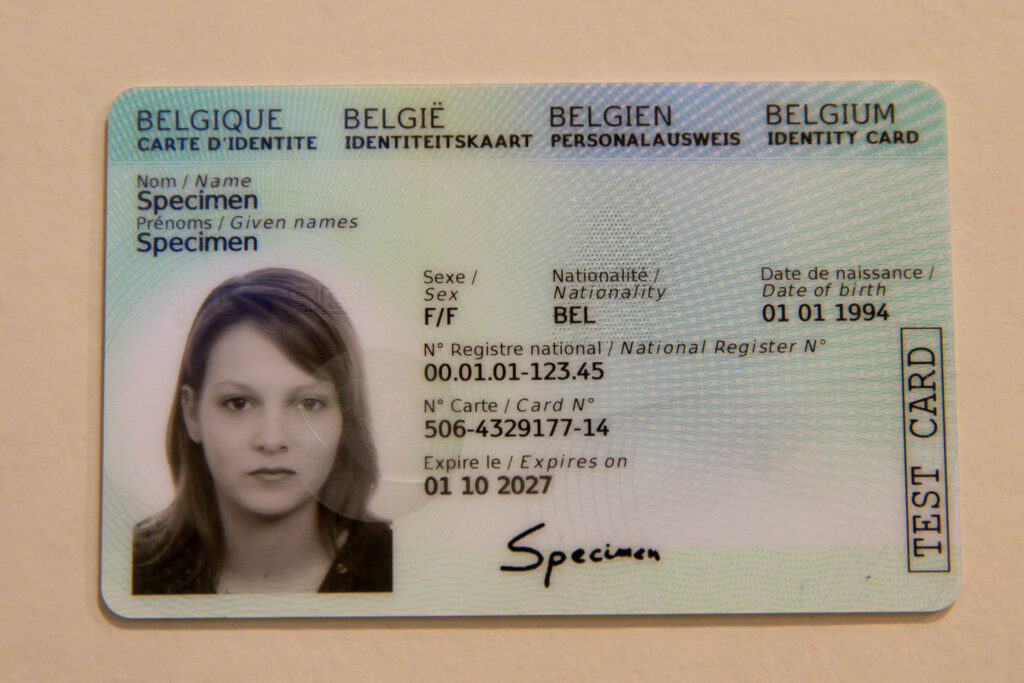Non-binary people (those who identify as neither male nor female) can now choose not to have their sex mentioned on their identity cards. However, Belgium will not introduce a third sex option ('X'), reports Het Nieuwsblad.
The decision, announced by Interior Minister Bernard Quintin (MR), follows years of debate and a 2019 ruling by the Constitutional Court that the failure to recognise non-binary people was unconstitutional.
The compromise means that Belgium will have two types of ID cards: those with a gender marker (M/F) and those without. However, LGBTQ+ organisations, including Çavaria, believe that this does not constitute true recognition for non-binary people. "Nothing changes; the only choice is to make one's own gender invisible," said Thomas Jans of Çavaria.
Quintin defended the decision, stating that gender remains "an important means of identification" and should appear by default on identity cards. However, people wishing to remove their gender marker can submit an official request.
This compromise comes after years of political deadlock. Opposition from Francophone liberals MR prevented the adoption of a complete 'X' option or the total removal of gender markers for all citizens.
Internationally, several countries, including Germany, Canada and the Netherlands, already allow option 'X' or other non-binary options.
Editor's note: sex is being used here as it is written on the Belgian ID card and differs from gender.

